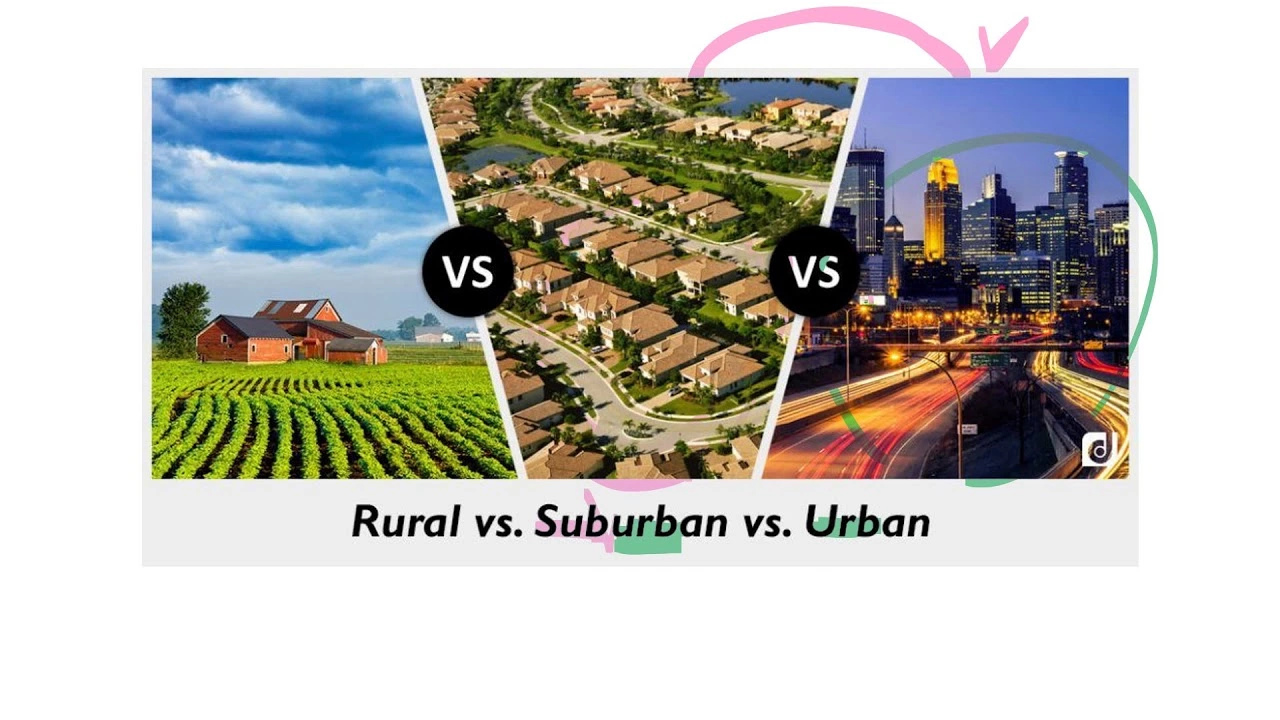Comparison: India vs USA, food, media, politics and life abroad
Comparisons are useful when you want to choose where to live, what to eat, or how to judge news. This page gathers real questions readers ask — culture clashes, media bias, food tastes, political fit, and practical moves like renewing a passport abroad. I keep it simple: what changes, what stays the same, and one clear takeaway for each topic.
Take culture: India and the USA both have strengths. India offers deep family ties, festivals and layered traditions. The USA gives individual freedom, diversity of opportunities and a faster pace. Neither is universally “better.” Think: do you value close-knit community or greater personal mobility? Your daily priorities decide the winner.
Food matters a lot to people moving or dating across cultures. Some Americans hesitate with strong spices simply because their flavor profile is different. Yet dishes like butter chicken, tandoori and samosas often win hearts once people try milder versions first. If you want to introduce Indian food, start with less heat, explain key spices, and offer yoghurt or bread to balance the heat.
Media and bias are another comparison point. Questions about whether a paper like the Times of India shows sexism mix examples of stereotyped coverage with genuine women-focused reporting. Judge outlets by patterns, not single stories: look at headlines, photo choices, and where women’s voices appear. That gives a clearer picture than one or two pieces.
Living abroad: work, costs and culture shock
Settling in Japan, Raleigh (NC), or any new place has common challenges: language, cost and local norms. Japan needs serious language effort; Raleigh offers a friendly Indian community and easier integration. For work, check industry demand — IT and engineering open doors in many countries. Budget the first year for higher housing and learning costs.
Small but real issues matter: renewing an Indian passport in the USA takes specific documents and time; plan ahead. Government schemes reach people only if enrollment and delivery channels work properly — always check local NGOs and community centers for help accessing benefits.
Sports, politics and small curiosities
Cricket tactics spark debates like whether Rishabh Pant should open. Those calls mix stats with team needs. Politics brings similar split views: asking if a leader fits a country is about style, results and long-term impact. Look at policies and methods, not just personality.
And yes, you can grow used to spices. Capsaicin triggers endorphins and taste adaptation, so many who start mild move to hotter food. That explains both addiction and why some foreigners fall in love with Indian food — often because repeated exposure builds taste and tolerance.
Use comparisons as tools, not judgments. Match facts to your life: what you eat, how you work, who you trust for news, and where you want to live. That way a comparison helps you decide, not just argue.

How is life in India like compared to developed countries?
Oh boy, where do I start? Living in India is like being in an action-packed Bollywood movie full of color, spice, and a little bit of chaos. Imagine trying to cross the road amidst a symphony of honking, while sipping on some world-class chai. Compared to the orderliness of developed countries, it's like swapping your regular coffee for a spicy masala chai - unexpected but invigorating. So, it's no walk in Central Park, but hey, it's never dull and we wouldn't want it any other way!